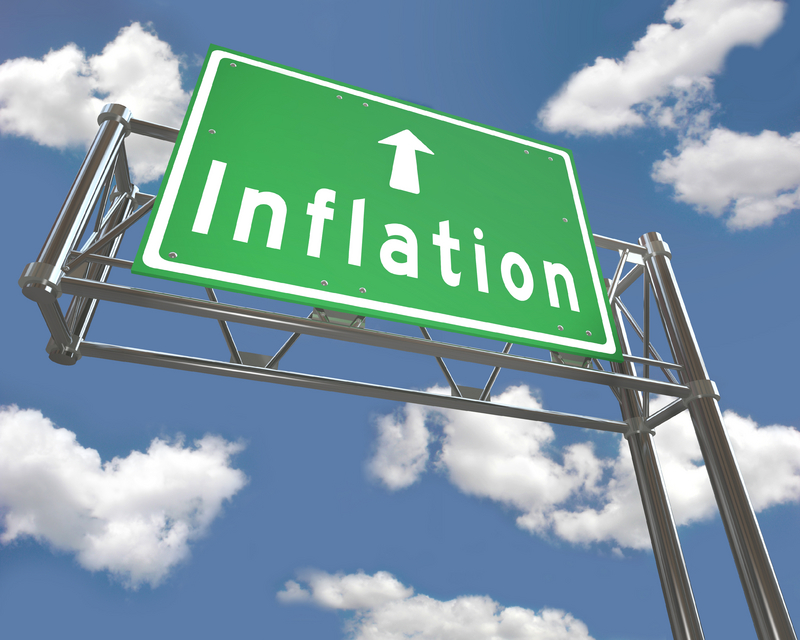Household Bills
Inflation jumps to 1% in July as lockdown eases

UK consumer price inflation (CPI) jumped from 0.6% in June to 1% in July, according to the Office for National Statistics (ONS).
The ONS said the figure was boosted by rising petrol and clothing prices. Petrol prices have surged at the fastest rate in almost a decade.
Between June and July 2020, petrol prices rose by 4.9 pence per litre, to stand at 111.4 pence per litre, and diesel prices rose by 4 pence per litre, to stand at 116.7 pence per litre.
Jonathan Athow, deputy national statistician at the ONS, said: “Inflation has risen, in part, due to the largest monthly pump price increase in nearly a decade, as international oil prices rose from their lows earlier this year.”
The ONS also said that the need for personal protective equipment (PPE) had increased prices for private dental treatment, physiotherapy, and haircuts.
As the restrictions caused by the coronavirus pandemic have been eased, the number of CPIH items that were unavailable to UK consumers in July has reduced to 12. The figure stood at 67 in June, 74 in May and 90 in April.
Ed Monk, associate director for personal investing at Fidelity International, said: “Beneath today’s inflation rise are signs that economic life is getting back to normal, with just 12 items in the inflation basket still unavailable to buyers due to Covid-19 restrictions. That’s down from 67 in June and 90 back in April. Prices for clothing and footwear help keep the rate higher in July, with shoppers unable to bank on discounts that are normal for the summer ahead of new lines in the autumn.
“While inflation appears to be creeping higher after a fall in the early months of lockdown, price rises remain way off the Bank of England’s 2% target and likely to stay this way some time even in the face of significant government stimulus. With the UK now in a recession, August’s figures may be more telling of long-term inflationary moves and the Bank of England has forecast another dip in the rate.”
Laura Suter, personal finance analyst at investment platform AJ Bell, said: “The rise in inflation is another blow for savers who have been hit with successive cuts to interest rates since the start of the year. The only saving grace was that inflation was lower, meaning that getting a real return on their money was at least possible with the top-paying accounts. Now just one easy-access account pays more than inflation, NS&I’s Income Bonds, and that is only open to those with £500 or more to save.”
The inflation rise will mean a bigger increase in some rail fares from January. Rail fares rise in line with the Retail Prices Index (RPI) which rose to 1.6% from 1.1%.